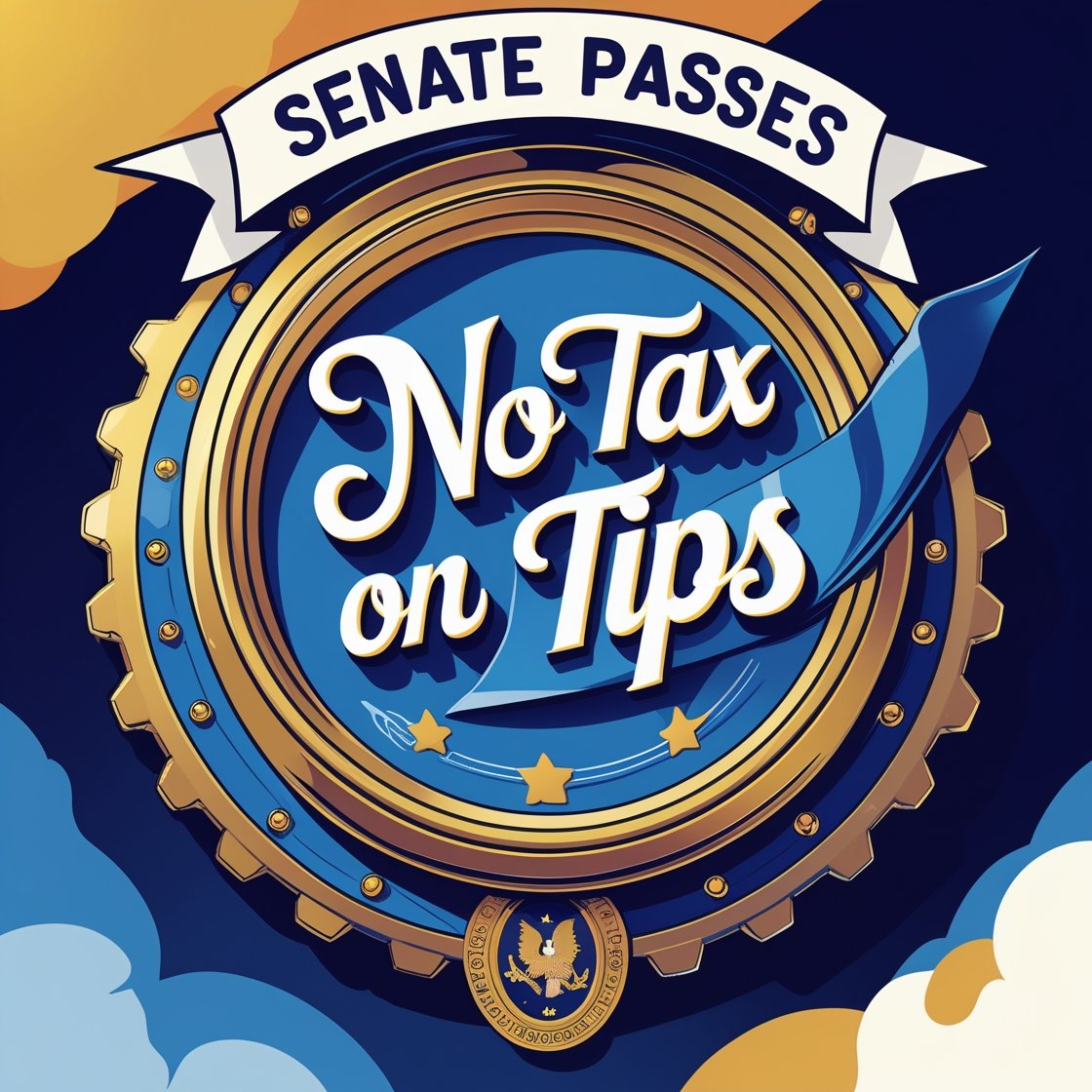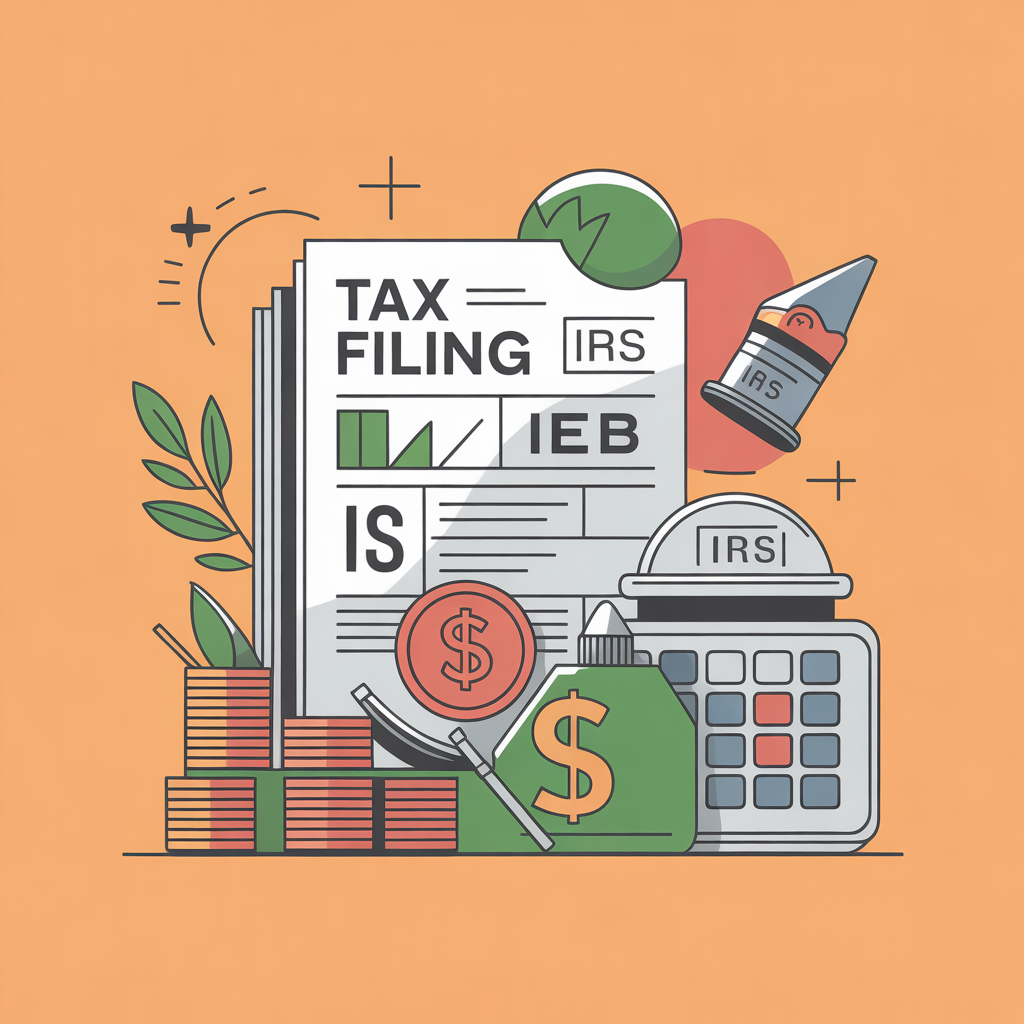In a landmark bipartisan move, the U.S. Senate has unanimously passed the No Tax on Tips Act, marking a major win for service-industry workers across the country. This legislation, approved on May 20, 2025, aims to exempt tips from federal income taxation—a change that could reshape the financial reality for millions of waiters, bartenders, hairdressers, hotel staff, and other tipped employees.
So, what exactly does this bill mean, why does it matter, and what happens next? Let’s break it down.
What Is the “No Tax on Tips” Act?
The No Tax on Tips Act removes federal income tax obligations on gratuities earned by service-industry workers. Currently, tips are legally considered taxable income, which means workers must report them and pay federal taxes just like their base wages.
If this bill becomes law, workers would:
- Keep 100% of their tips without federal income tax deductions.
- Avoid complex IRS reporting for cash and digital gratuities.
- Potentially see a 5–15% boost in take-home pay, depending on their tipping volume.
It’s important to note that this only applies to federal taxes. States would still decide whether to tax tips at the state level.
Why Did the Senate Approve It?
The bill gained rare bipartisan support, largely because:
- Service workers are among the lowest-paid employees, relying heavily on tips to make a living.
- The restaurant, hospitality, and gig-economy industries argued that untaxed tips would boost economic recovery and improve worker morale.
- Lawmakers see it as a simple, populist tax break that directly benefits everyday Americans without adding layers of bureaucracy.
Senator Ted Cruz, one of the bill’s sponsors, stated,
“This is about letting hardworking Americans keep what customers choose to give them—it’s their money, not the government’s.”
Who Benefits the Most?
- Restaurant & bar staff who earn the bulk of their income through gratuities.
- Gig workers, such as delivery drivers and rideshare drivers, who increasingly rely on digital tipping.
- Hospitality employees, like hotel staff, valets, and bellhops, who often work part-time or seasonal jobs.
According to recent estimates, there are nearly 5.5 million tipped workers in the U.S., many earning close to or below the minimum wage. For them, even a few hundred dollars in saved taxes could make a significant difference.
What Happens Next?
While the Senate has passed the bill, it now heads to the House of Representatives. If the House approves it, the legislation will move to the President for signing into law.
There’s strong public support, but some lawmakers have raised concerns:
- How will the IRS enforce tip reporting if it’s no longer taxable?
- Will this create tax fairness issues between tipped and non-tipped workers?
- How much will it cost in lost federal revenue?
Despite these questions, most analysts expect the bill to pass the House easily given its popularity.
How Workers Should Prepare
While the bill isn’t law yet, here’s what tipped workers should do:
- Continue reporting tips as usual until the IRS officially updates guidance.
- Stay informed about state tax rules—some states may still tax tips even if federal taxes are removed.
- Watch for IRS updates if new reporting or exemption procedures are introduced.
The Senate’s passage of the No Tax on Tips Act is a historic step toward easing the tax burden on America’s tipped workers. If fully enacted, it could mean higher take-home pay, simpler tax filing, and more financial security for millions in the service industry.
For now, all eyes are on the House of Representatives and the timeline for final approval.
Contact us: +1 (972)-996-6644
Email us : info@theriwa.com Visit our website : https://theriwa.com/






